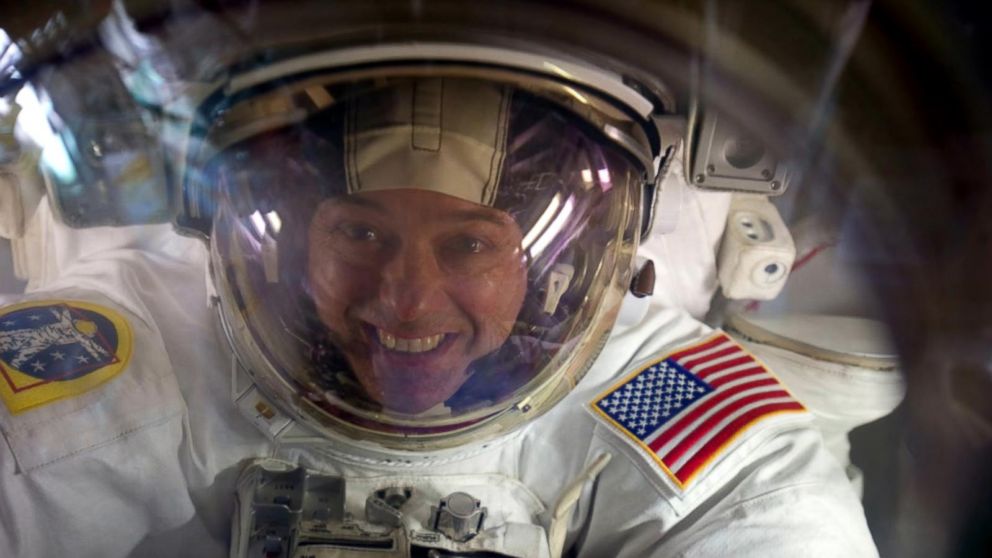Out of This World: How Life in Space Changed an Astronaut’s Outlook on Life on Earth
— -- Power Players
When Astronaut Ron Garan returned from a six-month stint onboard the International Space Station, he had a new perspective on life on Earth.
“You really get hit in the gut with this sobering contradiction between the beauty of our planet on one hand and the unfortunate realities of life on our beautiful planet for a significant portion of its inhabitants,” Garan said of looking down at the Earth from space.
So profound was the experience that Garan has since dedicated his life to finding ways to make the planet a more cooperative place and has written a book, “The Orbital Perspective,” outlining his vision. For starters, Garan suggests that humankind look to the International Space Station as an example of what is possible through international collaboration.
“Take that collaboration, that international communication that built arguably the most complex complicated structure ever built and bring it down to Earth,” he said. “Bring the collaboration that built and sustains the International Space Station and put it in the context of our rapidly developing, hyper-interconnected global society.”
There are also some technologies originally developed to make life in space possible that Garan believes can be used on Earth in some cases to improve quality of life in the developing world.
“We recycle all our water on the space station,” Garan said. “We turn yesterday's coffee into today's coffee. And so a lot of that technology … can transfer to developing communities around the world.”
But there are other aspects of living in space that are in no way transferrable to Earth dwellers. Anti-gravity is one of them. When he first arrived at the space station, Garan said it was an adjustment learning to live in an environment without gravity.
“If you set something down, it's not going to stay there, it's going to go floating off,” Garan said. “So, there's a propensity to lose things in space, because of weightlessness. But it gives you a freedom that you really don't have on the Earth. If I want to work on something on the floor, I don't have to bend over I can just flip upside down and turn the ceiling into the floor or the floor into the ceiling.”
And over the course of his six months in space, Garan said he never tired of it.
“I think that the environment there is absolutely wonderful,” he said. “One of the things that I think would surprise people is how wonderful it is to live in space; that freedom that you get from living in a three-dimensional world.”
For more of the interview with Garan, including what one problem he most wants to fix here on Earth, check out this episode of “Power Players.”
ABC News’ Ali Dukakis, Katelyn Marmon, Mike Conte, Tom Thornton, Gary Westphalen, Wayne Boyd, and Gary Rosenberg contributed to this episode.




